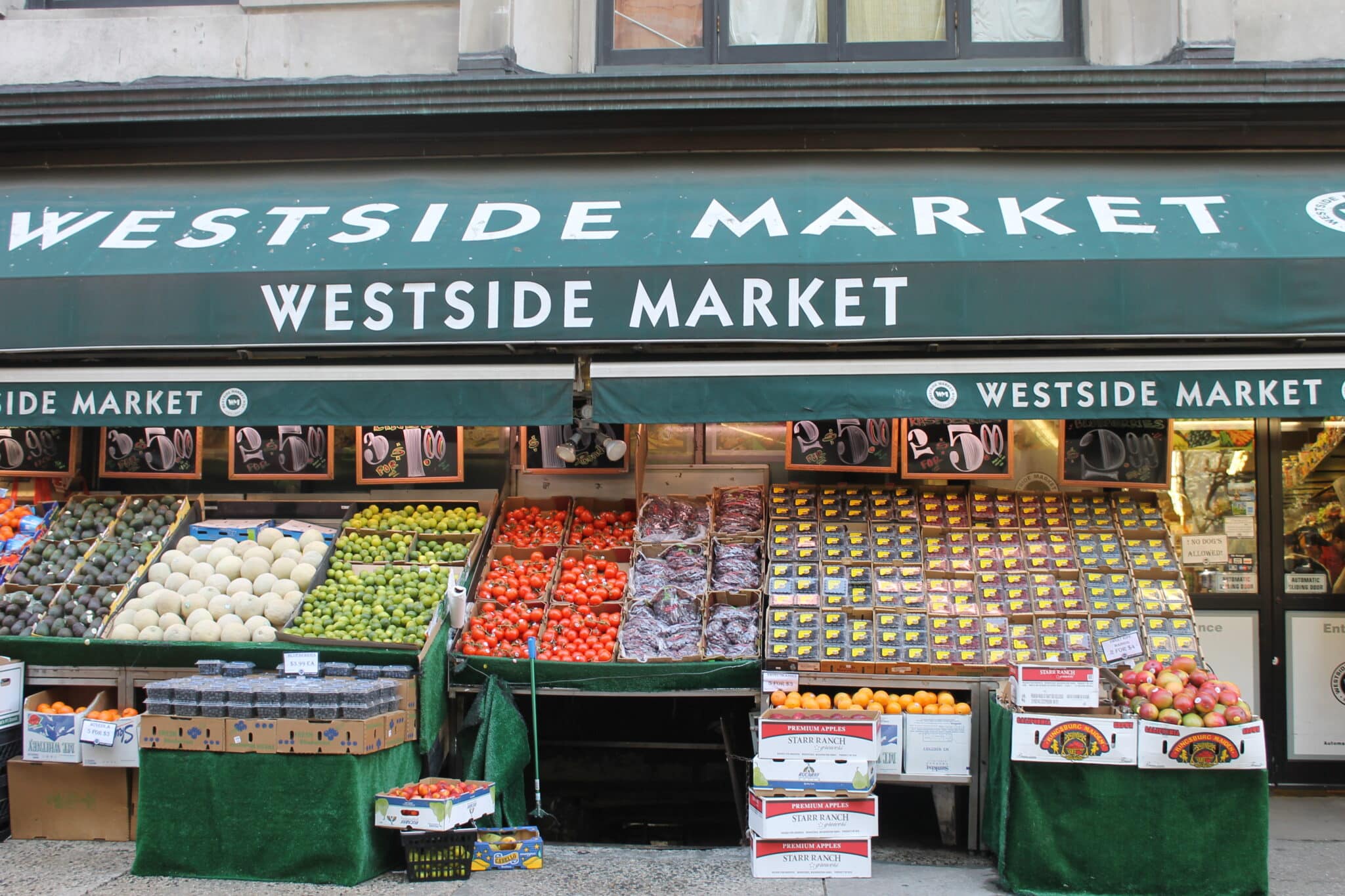The Canadian Grocery Code, explained

Canada’s first-ever grocery code of conduct, which is currently being finalized, is not intended to become law. It is a voluntary, industry-led initiative aimed at improving supplier-retailer relationships within the grocery industry. The code will be enforced by a not-for-profit organization, which will receive initial government financing but is designed to be member-funded. There will also be an 18-month review process after the code is launched to ensure it adapts to the evolving industry. This approach is similar to the United Kingdom’s model, where an adjudicator ranks companies for compliance, driving a culture of trust rather than focusing on punitive measures.
The Canadian Grocery Code of Conduct being discussed is raising concerns among major players in the industry, such as Loblaw Companies Ltd. Loblaw has warned that the code could potentially increase food prices for Canadians by over $1 billion and has requested a meeting to address their concerns. The code is said to present challenges that could risk product availability and lead to increased food prices for customers.
Walmart Canada has also expressed concern, noting the risk of adding burdens that could drive up food costs, especially during inflationary times.
Michael Graydon, the CEO of Food, Health & Consumer Products of Canada and co-chair of the steering committee developing the code, has urged companies to engage with the code, which is near completion and expected to be overseen by a non-profit organization by the end of the first quarter of 2024.
The committee developing the code was formed in response to industry calls to address the issue of large grocery retailers charging suppliers higher fees, which became a public issue in 2020. Despite the concerns raised by Loblaw and Walmart, members of the committee believe there is no evidence to suggest that the code would raise food prices or negatively impact retailers’ ability to meet consumer needs.
ChatGPT
Writer
ChatGPT is a large language model developed by OpenAI, based on the GPT-3.5 architecture. It was trained on a massive amount of text data, allowing it to generate human-like responses to a wide variety of prompts and questions. ChatGPT can understand and respond to natural language, making it a valuable tool for tasks such as language translation, content creation, and customer service. While ChatGPT is not a sentient being and does not possess consciousness, its sophisticated algorithms allow it to generate text that is often indistinguishable from that of a human.
